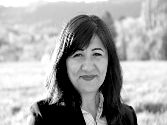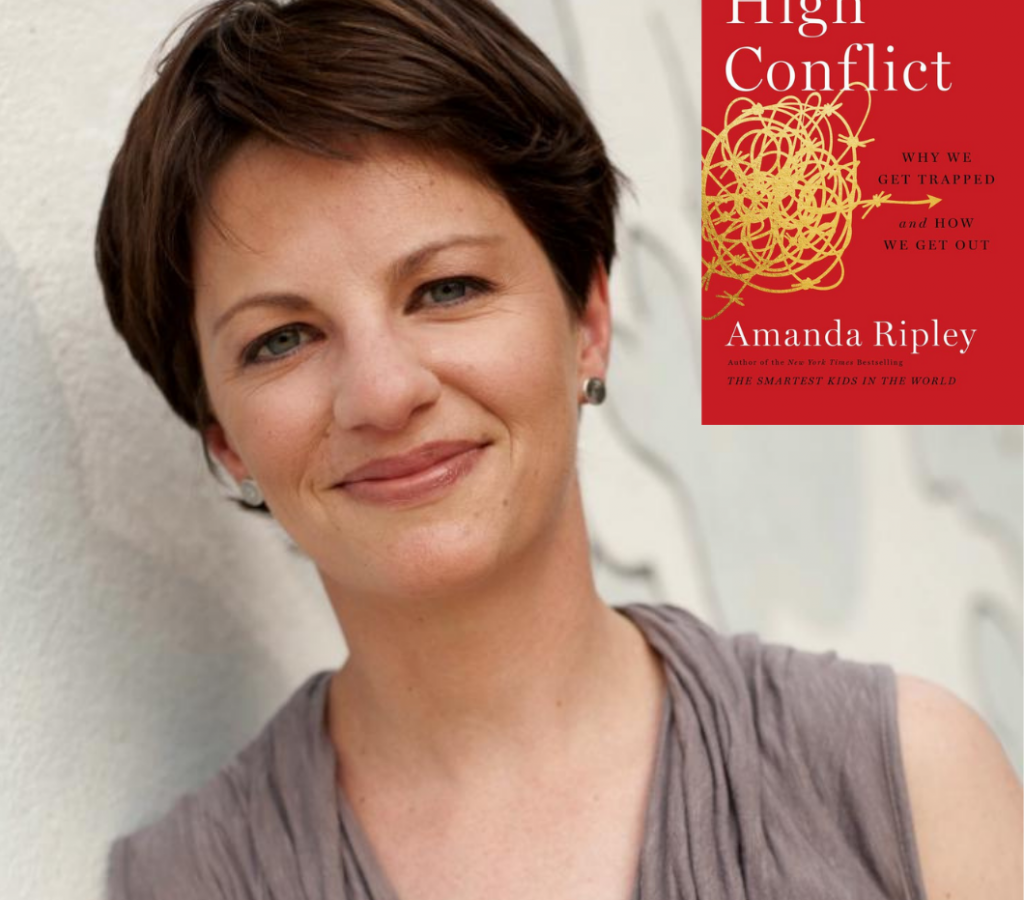Amanda Ripley is a New York Times bestselling author, an investigative journalist and host of the Slate podcast How To! Amanda’s writing combines storytelling with data to help illuminate challenging problems and help find solutions. She writes about human behaviour, how people get out of dysfunctional conflict, and how to educate children to think for themselves. She is the author of High Conflict: Why We Get Trapped and How We Get Out, The Smartest Kids in the World–and How They Got That Way, and The Unthinkable: Who Survives When Disaster Strikes, and Why.
High conflict is different from healthy conflict. High conflict happens when conflict becomes a good-versus-evil kind of feud, the type with them and us. It causes us to lie awake at night, obsessed by a dispute with a sibling, a co-worker, or someone we may have never met. That’s what “high conflict” does. It’s the invisible hand of our time. And it’s different from the valuable friction of healthy conflict. That’s good conflict and a necessary force that pushes us to be better people.
Approximately 50% of what people need in conflict is to feel heard—and they rarely get it.
People do escape the high conflict, and they can short-circuit the feedback loops of outrage and blame if they want to. This is a mind-opening new way to think about the conflict that will transform how we move through the world.
The question nobody is asking is, What mistakes am I making about this conflict–right now?
When we learn to listen deeply to people–in ways they can see us- they will lower their guard. They say more revealing things. They can even open up to hearing information they did not want to attend beforehand. And you learn something you did not know about the other person, the problem or yourself. It is the most powerful, underappreciated leadership skill out there.
So how do we get out of high conflict?
First, learn to identify the temptations of high conflict.
Second, investigate the understory of the conflict.
Third, build rapport right away—and relationships over time.
The ultimate solution is not to get rid of the conflict.
The ultimate solution is not to eliminate the conflict but to have a “good conflict.” Good conflict can be heated and stressful, but it goes somewhere. Questions get asked. We experience surges of anger and frustration—alongside flashes of humour and curiosity. That kind of conflict pushes us to be better people.


